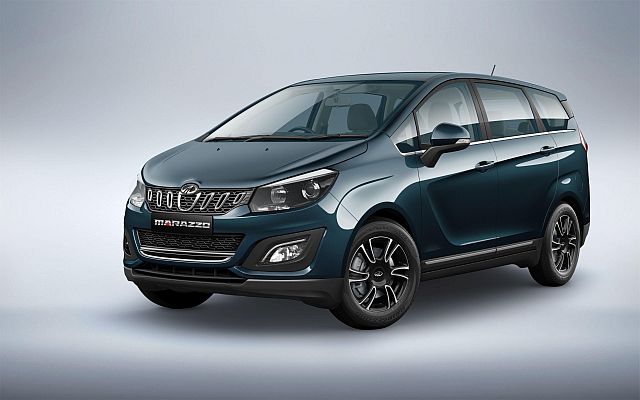
Mahindra and Ford have signed two strategic agreements strengthening their alliance in India. Both companies had previously announced a number of Memorandum of Understandings (MoUs), between September ’17 to March ’18. The two agreements that the companies have now announced are to do with powertrain sharing and connected car solutions.
The powertrain agreement corresponds to Mahindra developing and supplying low-displacement petrol engines for Ford India. These engines will be BS-VI compliant and intended for Ford India’s future model from 2020 onwards. This will help Ford enhance its petrol-engined catalogue in India and add to the already existing, yet brand new, Ti-VCT three-cylinder engines which can be found in their EcoSport Signature model.
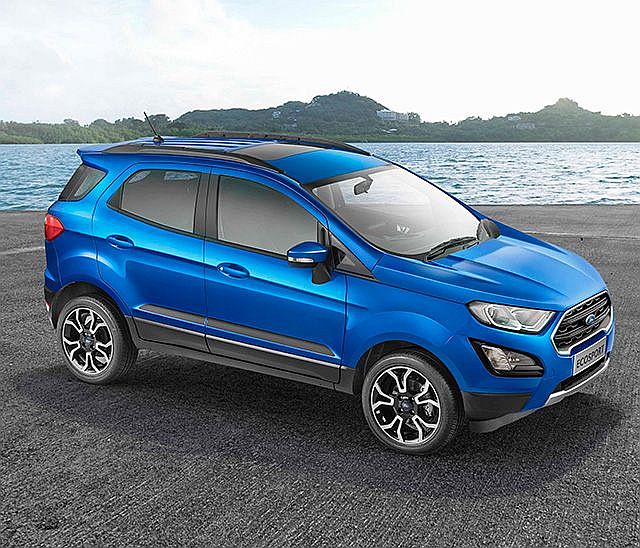
The second agreement is a co-development between Mahindra and Ford for connected car solutions. Both companies will work together towards the development and manufacture of a telematics control unit. Telematics control units are installed systems in a vehicle that control mobile communication and vehicle tracking.
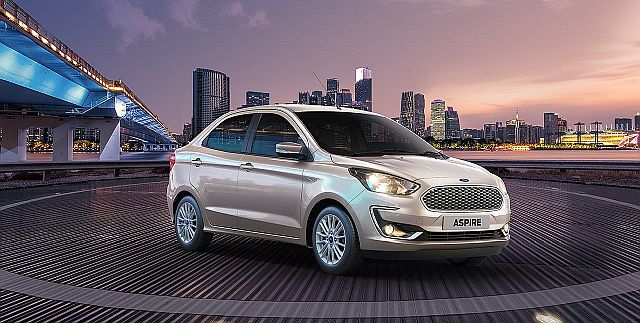
Pawan Goenka, Managing Director, Mahindra said, “Today’s announcement further builds on commitments made so far, leading to a fruition of exciting new opportunities. We are confident to meet customer expectations by working together on a number of joint development areas. Going forward we will continue to identify the synergies that exist between the two companies.”
Jim Farley, Ford Executive Vice President and President of Global Markets, added, “We are pleased with the progress our teams have made since we announced our strategic alliance with Mahindra Group a year ago. Today we go further in delivering even greater value. With our collaboration in powertrain and connected car solutions, we will deliver an affordable portfolio and enable our Indian consumers to get behind the wheel, feeling more confident and connected.”

The car industry has been evolving at a furious pace in India, with features previously seen only in luxury options just a few years ago becoming the norm in even the entry-level segment. Car manufacturers are constantly expanding and hence in the recent past, joint ventures seemed to be picking up amongst the industry. Toyota and Suzuki announced a ‘badge-trading’ deal a short while ago. In addition, Ford have signed an MoU with Volkswagen too, and Volkswagen have also signed MoU’s with Tata. These agreements allow companies to be able to offer more to their customers by possibly saving costs and therefore keeping prices down. It would be interesting to see if other companies follow suit and what the end result of these alliances amount to.
Also read: (Volkswagen And Ford Sign MoU To Explore Strategic Alliance)
(Tata Motors sign MoU with Volkswagen, Škoda for JV projects)
Story: Zal Cursetji
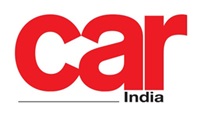





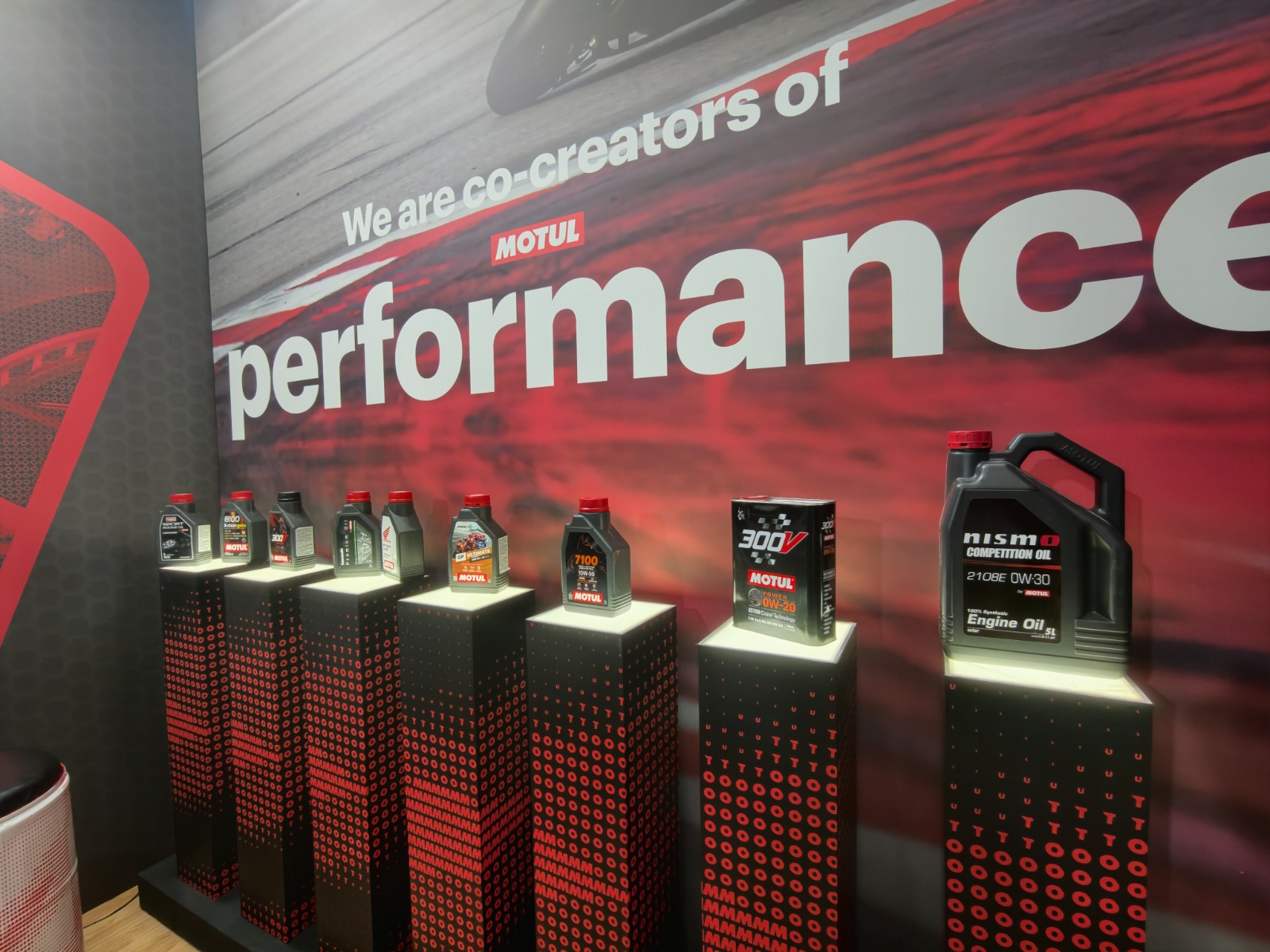
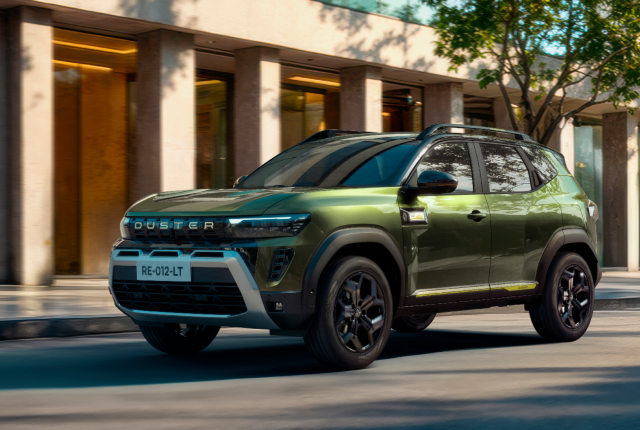

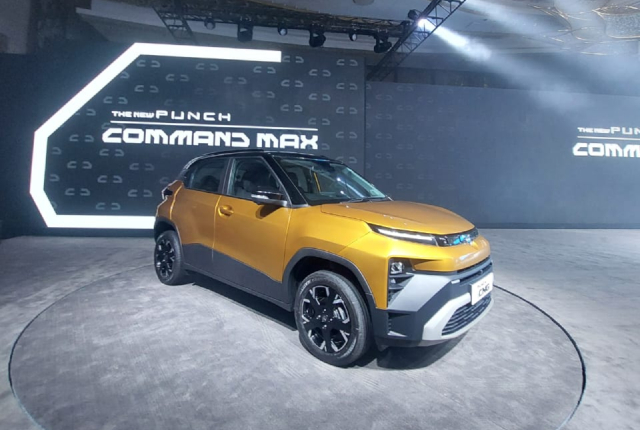


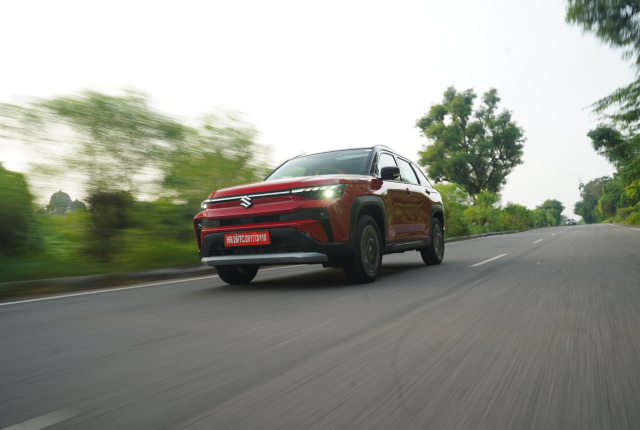
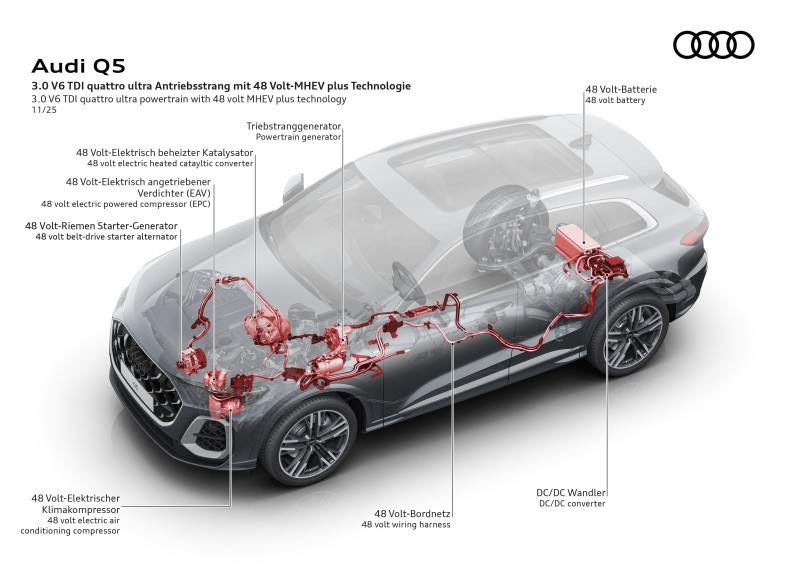
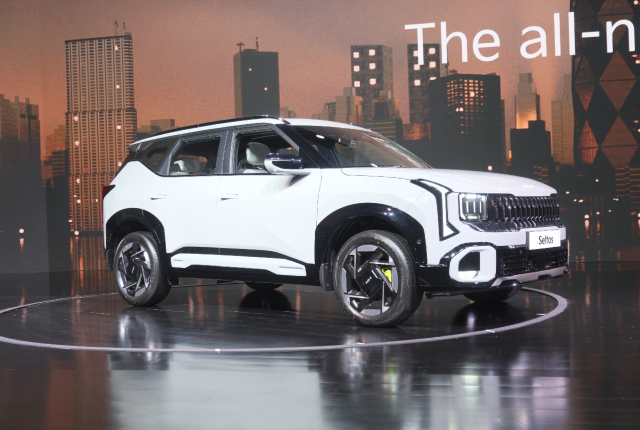
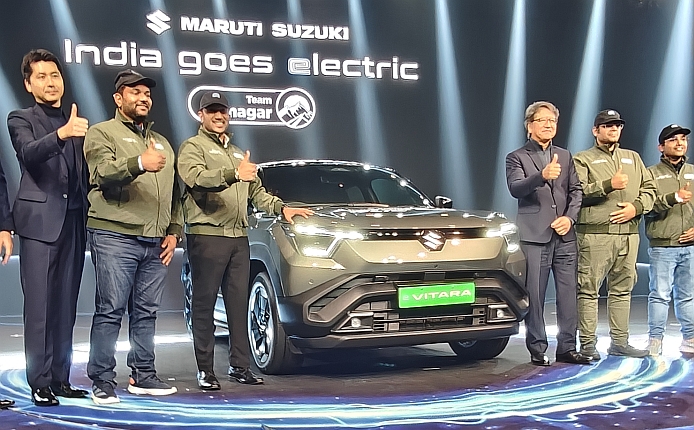
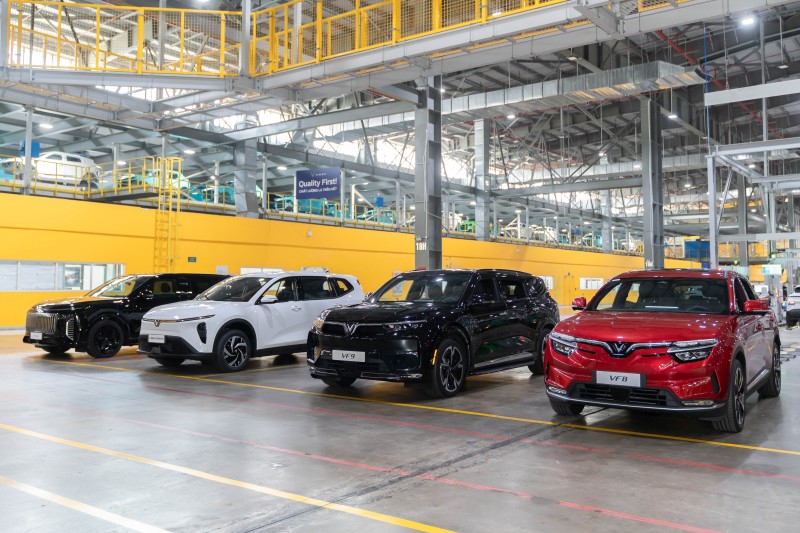


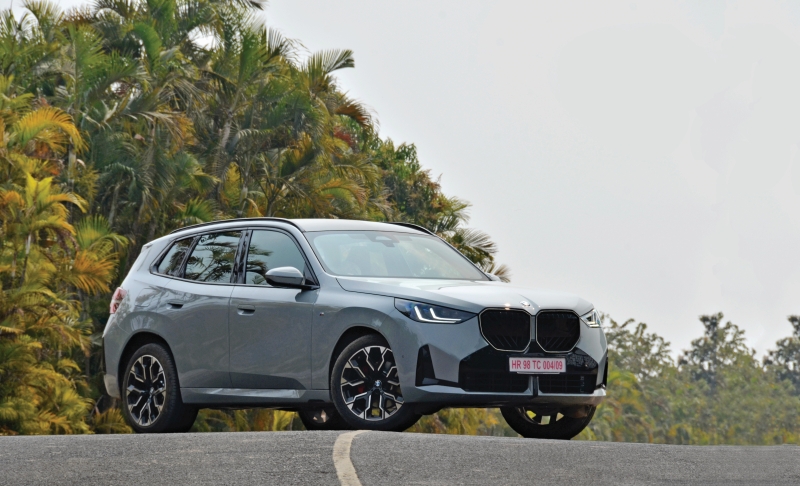


Leave a Reply